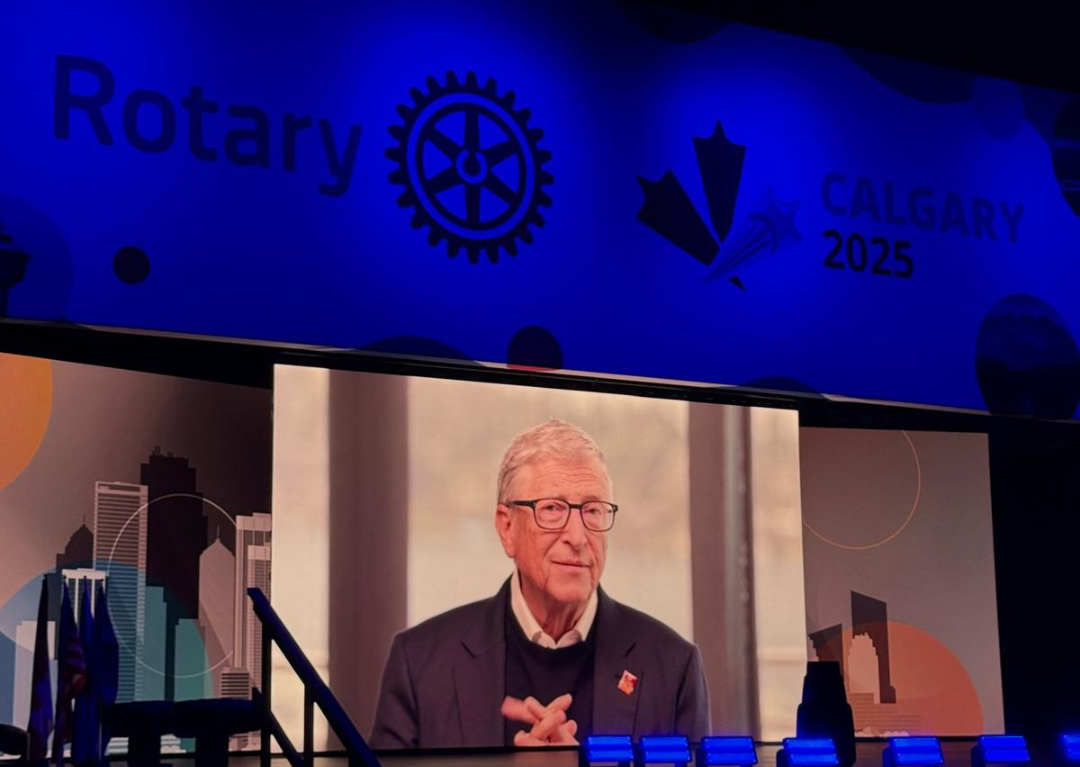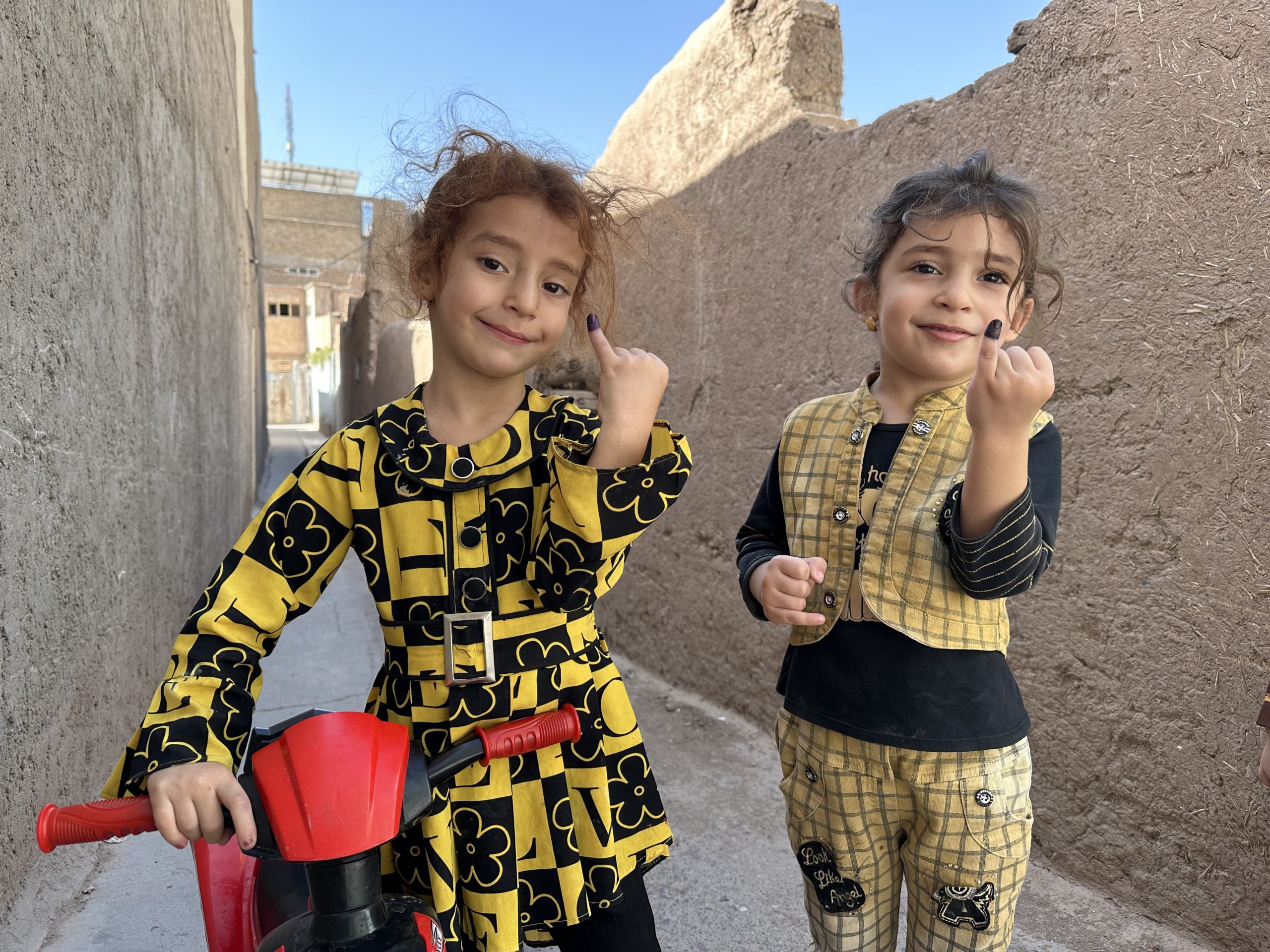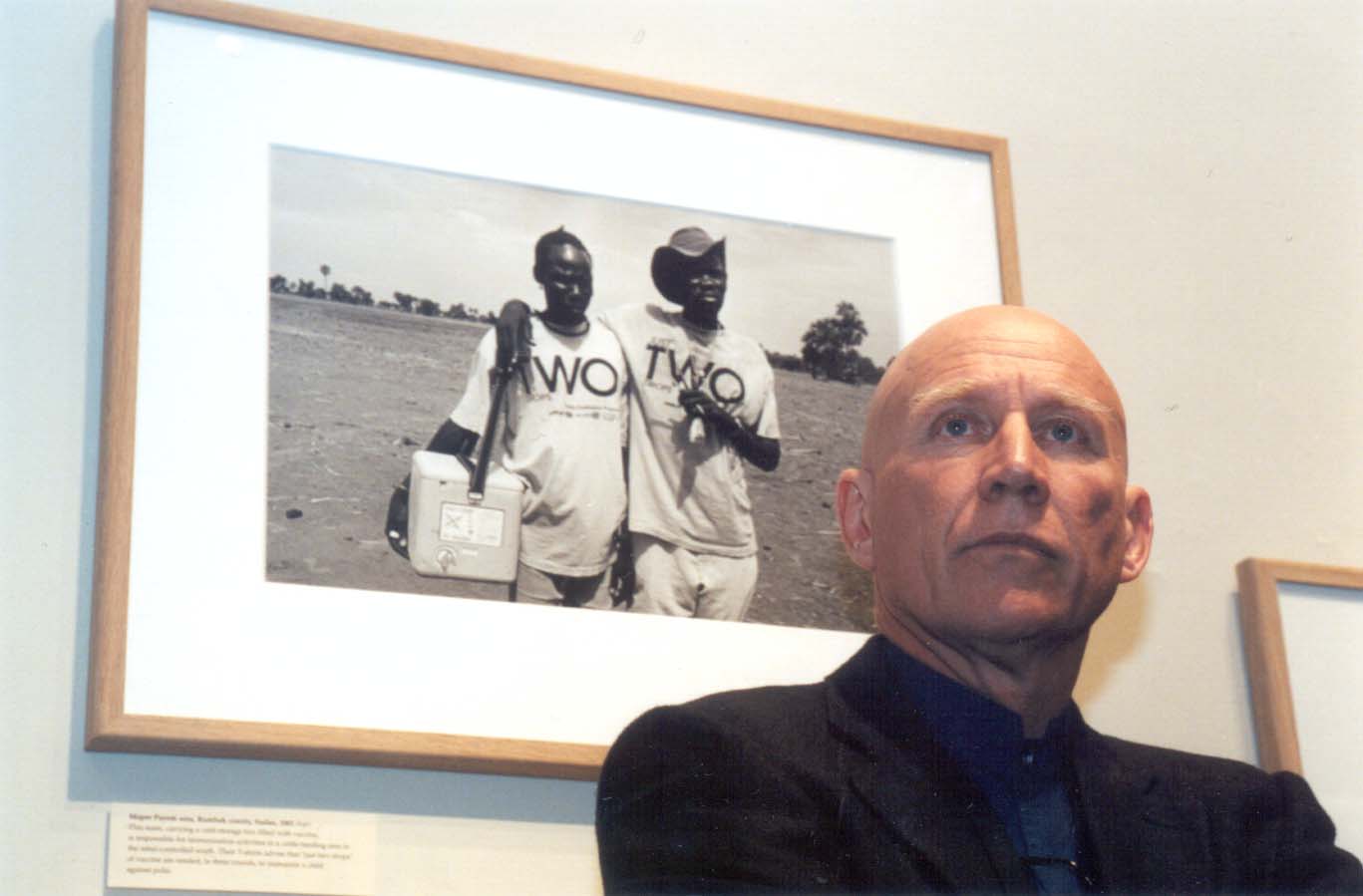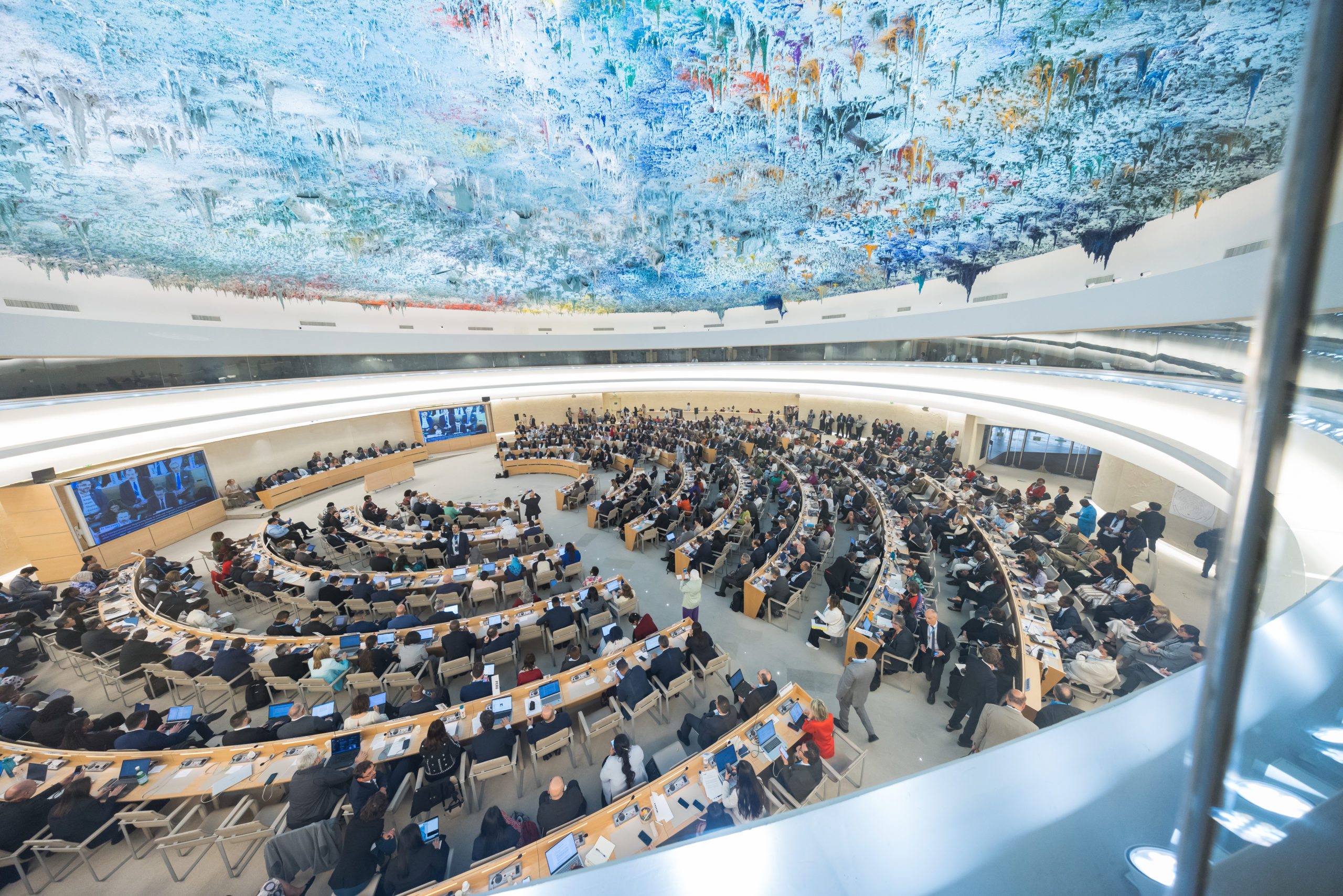In his English writing class, Mujahid Miran was asked to write an essay titled the “Aim of life”. This was a space for the students to imagine who they could be and what they saw themselves as when they grew up.
Miran wanted to be a captain in the army and he eagerly shared this ‘aim of life’ in his essay. After his hopes made it to the page, his teacher immediately shot it down: There was no way he would make it, she told him, because he had polio.
Born in 1985, Miran grew up in Kohat and contracted polio when he was two. This was a year before the Global Polio Eradication Initiative was founded in 1988, leading to a worldwide vaccination campaign to fight the spread of the disease. In the decade of the ’80s, the estimated number of cases was over 350 000 per year, while the disease was still prevalent in 125 countries. With focused efforts around the world to eradicate the poliovirus, the number of paralytic cases was reduced by 99.99% with 42 cases in 2016.
For Miran, school was among the most challenging periods of his life. “School life was generally very hard. It must be easier for polio survivors to study in special schools, but in a usual school, I was always referred to as langra, mazoor (derogatory words in Urdu for people with disabilities). I was always made to feel different.”
The challenges were frequent, never letting him forget that he couldn’t walk from one leg. “Among the things that would hurt a lot was sports class or recess. “Every time kids would be chosen for a sports activity, I was completely sidelined – as if I wasn’t even there.” he says.
Academically, Miran always performed well in class and would usually be among the top three students. I always had among the best grades, but I would never be nominated to be the class monitor or get a position as part of the student council, he says. “Every week I’d go to my teacher and ask her why I was never nominated because other students who would be poorer than me academically would be chosen instead. A part of me knew even back then that it was my disability, but now looking back, I know it was exactly that.”
After having lived with polio for 33 years now, Miran is now based in Karachi and is part of a small seafood export business. He buys seafood from factories in Pakistan to sell in southeast Asia and makes an income for the commission he makes per sale.
Miran is able to independently support his family of his wife and two children, aged six and two, but the everyday realities of living with polio make the smallest of tasks harder.
“There is such little awareness in Pakistan, and it’s even within government institutions. I had to get my special driver’s license and when I went to get it made, the officer on duty asked me to raise my shalwar in front of a group of people and stand on one foot to prove I had a disability, he adds. “The humiliation is too much.”
This virus has also been an obstacle in maintaining friendships, as most places for leisure in Pakistan have no access for people with disabilities. “Plus, there is also so much shame in it. I was in Dubai once and I was walking with a friend who turned around to me and said that the way I was walking was embarrassing for him. This virus impacts your life in every way.”
Last year, Africa was declared wild polio-free after Nigeria, the last remaining country in the region that had polio and accounted for more than half of all global cases less than a decade ago, had no cases of wild poliovirus for the fourth year running.
Today, Pakistan and Afghanistan are the only two endemic countries in the world and global efforts continue to vaccine children in this epidemiological block, and finally make the dream of a polio-free world possible.
Miran says this interview is his personal effort to spread awareness on polio. “I talk to everyone in my friends and family circle who have young children. I give them my example and tell them they can’t afford to miss out on vaccination. I am very regular with my children’s vaccination too. Whenever polio teams come to our house, I make sure the children take polio drops.”
At many times in the interview, Miran mentions how the physical pain caused by the disease is often unbearable. “I almost never express how much pain I feel because people will think I’m asking them for financial help or wanting their sympathy. But I just want everyone to know that living with polio is hard. Very, very hard.”



